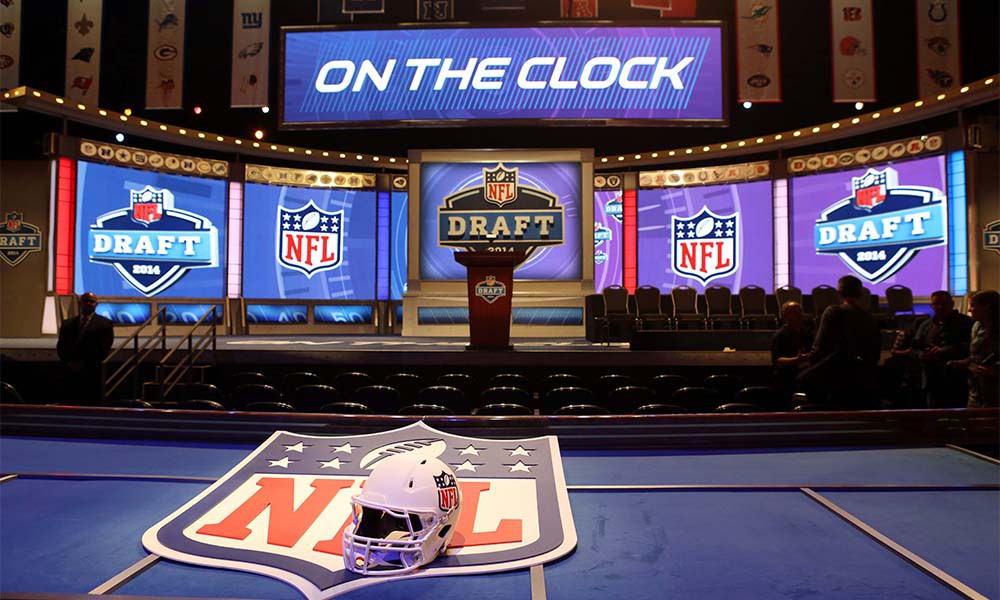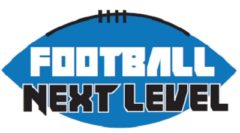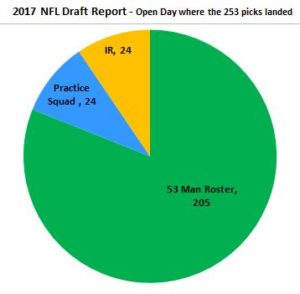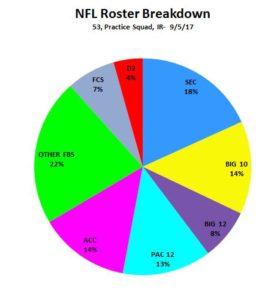 By Justin VanFulpen
By Justin VanFulpen
This time of the year in college football, the mock drafts start coming out and people start talking about what players will declare early. But just because some on the internet is saying that this player should declare early or someone close to the player telling him that he should leave school early might not know all the facts.
1. NFL Scouts weren’t allowed to scout underclassmen, until this season when the rule was changed. But with this rule change this year with the new agreement with the AFCA and NFL that took effect, where school gave the scout a list of 5 possible players that could declare that they were allowed to get info on. Scouts do look at the guys that they know for sure will be coming out early, but their main focus is the senior prospects. The underclassmen that aren’t general accepted as a 1st round pick there is rarely any work done on them during the season.
2. Underclassmen aren’t allowed at post season all-star games. 6 years ago with the NFLPA started the NFLPA Collegiate Bowl they were going to challenge the NFL rule and did allow one underclassmen in the game. That caused the NFL teams not to send a single scout to that all-star game. Because of that the NFLPA has only allowed seniors in their all-star game for then on. As we saw in the 2013 NFL Draft All-Star games are a big part of the process where OT Eric Fisher, Central Michigan went from a late first rounder all the way up to the number one overall pick because of his play at the Senior Bowl.
3. NFL Combine – First official time NFL scouts can talk to underclassmen. Just because a prospect has declared early doesn’t automatically get him an invite to the NFL combine. So if a prospect is not invited then really the first time a scout get to talk with a prospect is at his school Pro Day.
4. NFL Draft Advisory Board – The board is composed of general managers and personnel directors from a number of NFL teams, along with the directors of the NFL’s two scouting combines, BLESTO and National. A prospect can ask for their assessment on where he is projected to get drafted. The board will return their assessment of the prospect with three possible grades – first round, second round, or neither, which means that the board advises the player to stay in school. The school can get a hold of the NFL Draft Advisory Board or the prospect can contact the NFL Player Personnel Department directly.
5. The 2017 NFL Draft included 95 underclassmen and another eight who entered the draft having earned a degree but still with NCAA playing eligibility. 67 underclassmen were drafted, leaving 28 (30 percent) not drafted. The 2016 NFL Draft 30 of 96 underclassmen were not chosen (31 percent).
Every prospects situation is different when thinking about declaring early for the NFL Draft but each prospect should get as much information as possible in regards to leaving school early for the NFL Draft.




/cdn.vox-cdn.com/uploads/chorus_image/image/53880529/IMG_20170324_133741.0.jpg)

